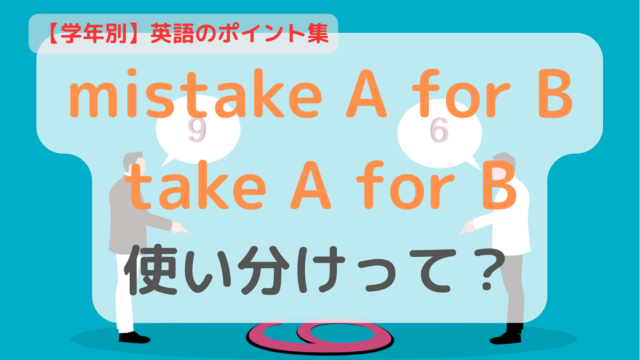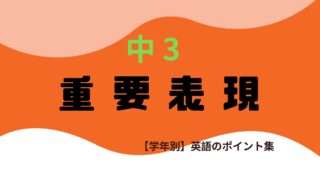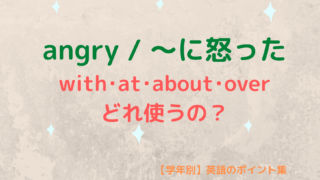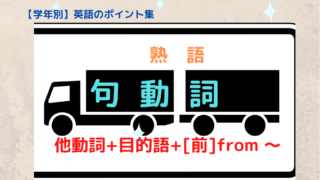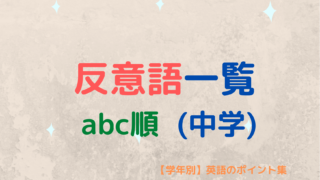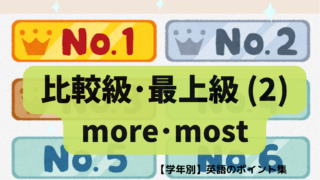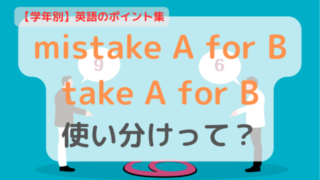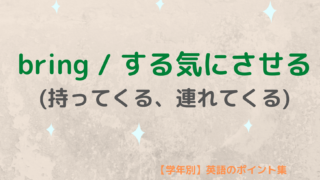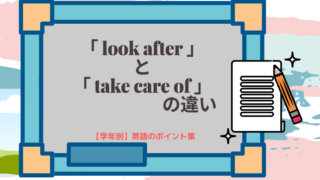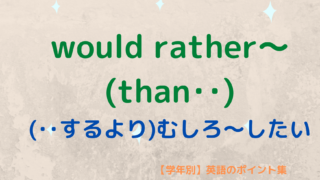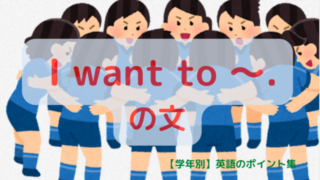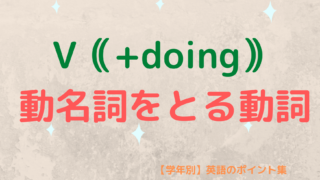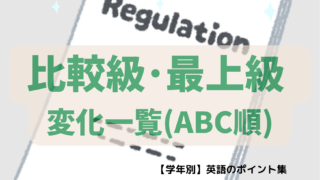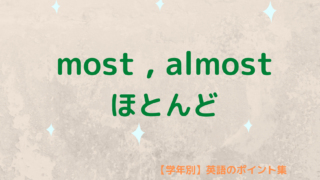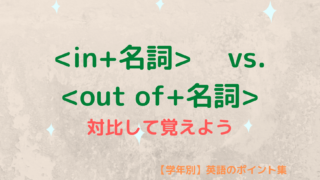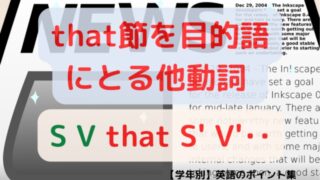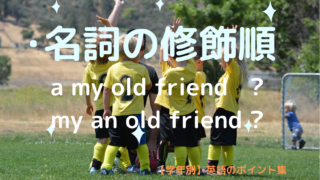Contents
「確認テスト」設定の趣旨
テストを実施してみて、結果が不十分と判断した場合は、出題元の記事に戻って学習をし直しましょう。
【確認テスト1】をやってみよう!
私は最終列車に乗り遅れたので、タクシーに乗る以外仕方がなかった。
① Because I ( ) the last train, I ( ) no choice ( )( ) take a taxi.
②「choice」を「別の単語」で言い換えなさい。
③ 次の下線部を適切に変えなさい。(①文の書き換え)
I couldn’t choice but took a taxi.
[問1-2]並べかえなさい。
私は壊れた車を放置するしかほかにしょうがなかった。
There was ( )( )( )( )( )( ) my broken car.
1.to 2.but 3.else 4.leave 5.do 6.nothing
①彼女は決まって(必ず)毎朝犬を散歩させる。
She walks her dog every morning without ( ).
②後で私に必ず電話をしてください。
(N・・)( )( )phone me later.
③ 私はあなた方みんながここにいることを期待します。
I ( ) all of you ( ) ( ) here.
④ ③の文は5文型のうちどれか?
⑤「except」の意味
⑥そのテストが始まる10分前(下線部分は適当な形へ)
( ) ( ) before the test (begin)
①I wish you ( ) ( ) Jone.
私はあなたにジョンと会ってほしい。
②I’d ( ) you to visit the museum.
私はその美術館を訪れるようお勧めしたい。
③The teacher warned his students ( )( ) speak to strangers.
先生は生徒に見知らぬ人に話しかけないようにと注意した。
④The icy street ( ) the cars to skid.
凍った通りは車が滑ることを引き起こした。(直訳)
⑤The police ( ) me to put up my hands.
警察は私に手を上げろと命令した。
⑥The bypass ( ) the traffic to flow smoothly.
そのバイパスは交通が流れがよくなるようにした。(直訳)
⑦Dad ( ) me to use his car.
パパは私に彼の車を使うのを許してくれた。
【確認テスト1】の答え
[答1]
① Because I ( missed ) the last train, I ( had ) no choice ( but )( to ) take a taxi.
②上記「choice」=「alternative」(選択肢)
③I couldn’t choose but take a taxi.・・・動詞の原形と原形不定詞
[問1-2]並べかえなさい。
私は壊れた車を放置するしかほかにしょうがなかった。
There was ( nothing )( else )( to )( do )( but )( leave ) my broken car.
6-3-1-5-2-4
6.nothing 3.else 1.to 5.do 2.but 4.leave
【解説】
nothing else to do / 他にすべきことが何もない / elseの位置に注意
butは等位接続詞
was(be動詞)とleave(一般動詞)が等位接続されていると考えよう。
①She walks her dog every morning without ( fail ).
②( Never )( fail )( to ) phone me later.
③I ( expect ) all of you ( to ) ( be ) here.
④ 第5文型 (S+V+O+C)
⑤「except」・・~を除いて
⑥(ten) (minutes) before the test (begins)
① I wish you ( to ) ( meet ) Jone.
私はあなたにジョンと会ってほしい。
② I’d ( recommend ) you to visit the museum.
私はその美術館を訪れるようお勧めしたい。
③ The teacher warned his students ( not )( to ) speak to strangers.
先生は生徒に見知らぬ人に話しかけないようにと注意した。
(toの前にnotを置く。)
④ The icy street ( caused ) the cars to skid.
凍った通りは車が滑ることを引き起こした。(直訳)
⑤ The police ( ordered ) me to put up my hands.
警察は私に手を上げろと命令した。
⑥ The bypass ( enabled ) the traffic to flow smoothly.
そのバイパスは交通が流れがよくなるようにした。(直訳)
⑦ Dad ( allowed ) me to use his car.
パパは私に彼の車を使うのを許してくれた。
結婚
問題 / 結婚
和文を英訳しなさい。
1)ぼくと結婚してくれないか。
下線部に適語を入れなさい(1語とは限らない)。
2) 来月ナンシーと結婚するんだ。
I Nancy next month.
( )内を適語に変え又は適語を入れなさい。
3) I ( get )( marry )( ) Jane ( ) Hawaii.
私はハワイでジェーンと結婚した。
4) Tom and Lucy ( get )( marry ) last year.
トムとルーシーは去年結婚したんだ。
5) ( ) you ( marry )?
あなたは結婚されているのですか。
No,I’m not. いいえ、していません。
I’m ( ).
私は独身です。

答え / 結婚
1)Will you marry me? (ぼくと結婚してくれないか。)
決まり文句なので覚えてしまいましょう。
2) I will marry Nancy next month. (来月ナンシーと結婚するんだ。)
am going to marry ← 前置詞は付けない
am getting married to ← 前置詞toが必要 / 現在進行形「近い将来」
別解の上記2表現も考えられます。
3) I ( got )( married )( to ) Jane ( in ) Hawaii.
(私はハワイでジェーンと結婚した。)
4) Tom and Lucy ( got )( married ) last year.
(トムとルーシーは去年結婚したんだ。)
結婚した二人が主語。 答えは3)と同じ。
5) ( Are ) you ( married )?
あなたは結婚されているのですか。
No,I’m not. いいえ、していません。
I’m ( single ).
私は独身です。
死ぬ
Q / 死ぬ
Many animal and plant species are in danger of ( )( ).
多くの動植物種は絶滅する危機にある。
The famous composer ( )( ) in 1940 after a short illness.
その有名な作曲家は、少し病気をした後で1940年に亡くなりました。
More than 100 passengers ( )( ) in the plane crash.
100人以上の乗客がその飛行機事故で死んだ。
Many people ( ) in the epidemic.
多くの人々がその伝染病で死亡した。
A / 死ぬ
Many animal and plant species are in danger of ( dying )( out ).
多くの動植物種は絶滅する危機にある。
The famous composer ( passed )( away ) in 1940 after a short illness.
その有名な作曲家は、少し病気をした後で1940年に亡くなりました。
More than 100 passengers ( were )( killed ) in the plane crash.
100人以上の乗客がその飛行機事故で死んだ。
Many people ( perished ) in the epidemic.
多くの人々がその伝染病で死亡した。
時制
問1
過去完了進行形にできるものを1つ選び、書き換えなさい。
(1) My son had already eaten dinner when I got home.
(2) I had never studied English before I was 13 years old.
(3) The students had waited for ten minutes when the teacher came in.
(4) They hadn’t known each other for a month when they got married.
 答え (3)
答え (3)
(1) My son had already eaten dinner when I got home.
私が帰宅したとき、私の息子はすでに夕食を食べ終えていた。
<完了>の意味なので進行形にはできない。
(2) I had never studied English before I was 13 years old.
13歳よりも前に、私は1度も勉強をしたことがなかった。
<経験>の意味なので進行形にはできない。
(3) The students had waited for ten minutes when the teacher came in.
先生が入ってきたとき、生徒たちは10分間待っていた。
↓
The students had been waiting for ten minutes when the teacher came in.
先生が入ってきたとき、生徒たちはずっと10分間待っていた。
*進行形にすると待っていたことを強調することができる。
(4) They hadn’t known each other for a month when they got married.
(彼らが結婚したとき、お互いに1か月知らなかった。)
→彼らは知り合ってから1か月足らずのうちに結婚をした。
knowは非動作動詞なので進行形にすることはできない。
復習はコチラ (過去・現在・未来) 完了形・完了進行形
問2
次の英文の空所に入れるのに最も適切な語を選びなさい。
Mr. Shimizu ( ) here ever since he came to Osaka.
① has been teaching ② is teaching
③ was teaching ④ would have taught

答え ①
Mr. Shimizu ( has been teaching ) here ever since he came to Osaka.
清水先生は大阪に来て以来ずっと教えています。
期間 = since he came to Osaka
基準 ナシ
基準が無いので現在形でないものは外れる。(現在形は基準が無くても完了形は成立する。)したがって③④は圏外へ。
期間があるので②の進行形はそぐわない。 teachは動作動詞なのでing形はOK。現在完了進行形の①であればピッタリくる。





